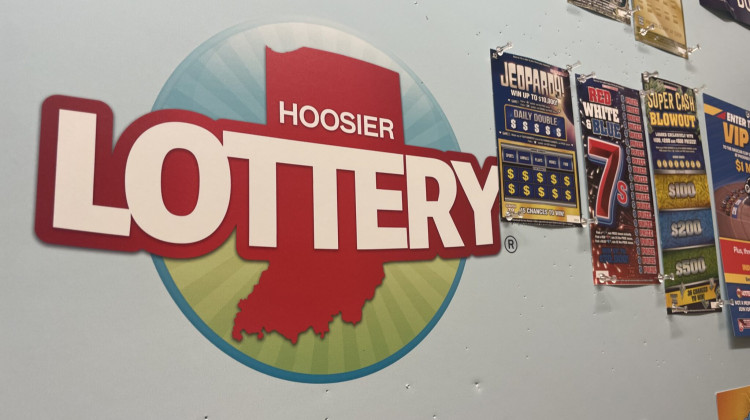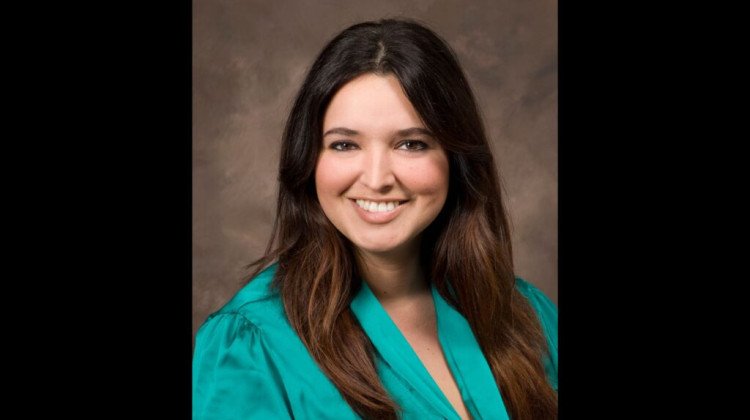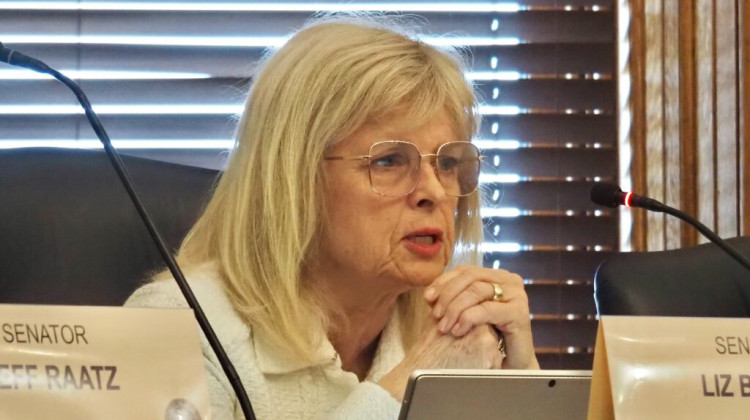
Public transportation across counties is an issue throughout Indiana, particularly for those with disabilities or those who need accommodations that traditional public transportation systems cannot provide.
CICOA Aging & In-Home SolutionsPublic transportation across counties is an issue throughout Indiana, particularly for those with disabilities or those who need accommodations that traditional public transportation systems cannot provide.
Karren Brooks is the director of Way2Go, a transportation program run by the Central Indiana’s Area Agency on Aging, CICOA.
She said the current system for cross-county transfers is a complicated process.
“We tend to find that clients have a hard time trying to find a provider who can provide transportation to meet that cross-county bridge and gap that's there,” Brooks said. “Lots of times providers have received specific funding and that funding might constitute that they stay within a certain area.”
Brooks said many clients need to see specialty doctors in other counties, and the current process often means clients are dropped off at county borders and picked up by other providers who only work within these county lines.
“It's more or less that we meet at the county line and then the client has to change providers to be able to make that cross-county trip happen, you know. Is that ideal?” she said. “No, it's not ideal.”
Join the conversation and sign up for the Indiana Two-Way. Text "Indiana" to 73224. Your comments and questions in response to our weekly text help us find the answers you need on statewide issues.
She said CICOA is currently trying to revamp its My Freedom Transportation program, which would help bridge gaps those with disabilities face with transportation. This would involve working with the Central Indiana Regional Transit Authority (CIRTA) and Federal Transit Administration (FTA) to cover costs for these transfers.
“What we're trying to do is to be able to come up with a list of providers that clients will be able to either purchase a discounted voucher rate, or pay a small portion of the cost of the trip, and then CIRTA, CICOA, the FTA make up the difference of that cost,” Brooks said.
Brooks said another challenge her organization has faced, particularly following the height of COVID-19, is a driver shortage for all of their current and future transportation programs.
She said drivers must also be willing and capable of transporting in a respectful manner.
“You have to have that desire, you have to have that want to and be willing to help the community,” Brooks said.
Brooks said in order to utilize this program, individuals must have verification that they have a disability that bars them from using traditional public transit services.
“They have to have some sort of disability, whether that's cognitive, whether it's mental, whether it's physical – and they have to have a medical verification form, filled out by the doctor,” she said.
Brooks said the organization is working diligently to secure funding and resources to revamp the program and provide more options for those struggling with transportation needs.
Violet is our daily news reporter. Contact her at vcomberwilen@wfyi.org or follow her on Twitter at @ComberWilen.
9(MDAyMzk1MzA4MDE2MjY3OTY1MjM5ZDJjYQ000))
 DONATE
DONATE






 Support WFYI. We can't do it without you.
Support WFYI. We can't do it without you.